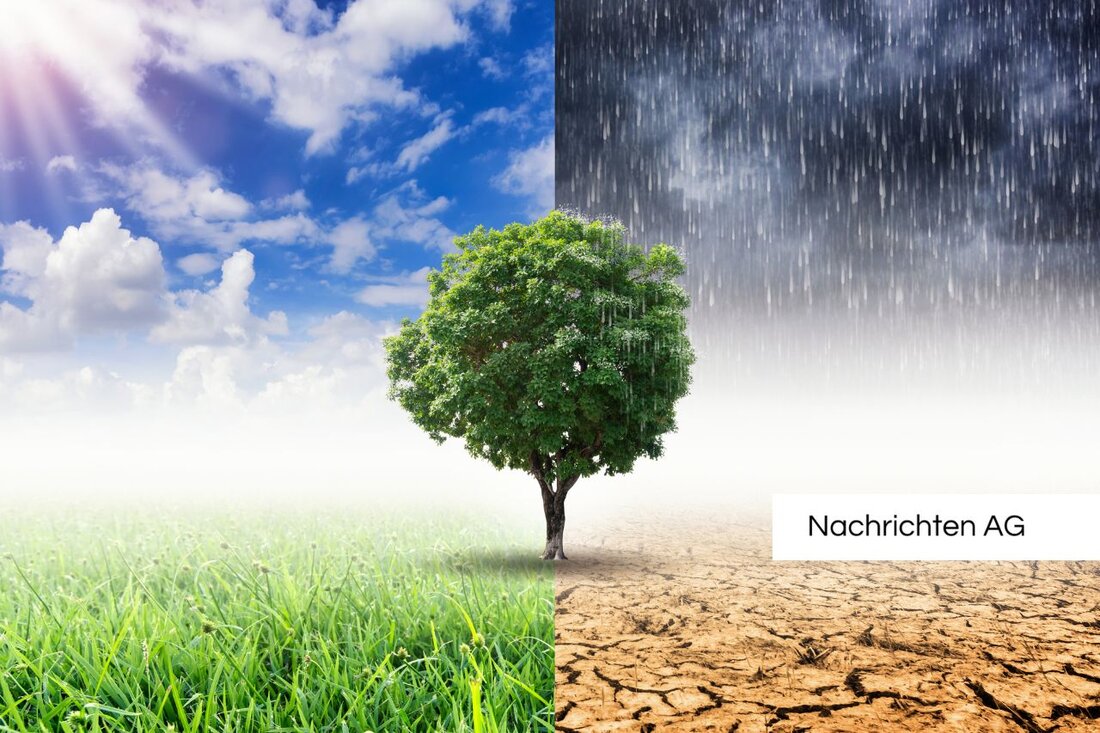Student Moor Congress in Greifswald: Ideas for climate protection!
The student moor congress “MooreMotion” in Greifswald promotes exchange about moor ecosystems from April 4th to 7th. September 2025.

Student Moor Congress in Greifswald: Ideas for climate protection!
The first student moor congress “MooreMotion” will take place from September 4th to 7th, 2025 in Greifswald. Over 150 students from Germany and Austria will take part in this meeting, which has the motto “Ideas Flow, Communities Grow”. The aim of the congress is to strengthen interdisciplinary exchange and open up new perspectives on the important peatland ecosystem. The event is organized entirely by students, which gives the initiative's approach a special touch.
According to the University of Greifswald, which is organizing the congress, the focus is on the protection and sustainable use of peatlands. The importance of moors extends to climate, species and water protection. Participants have the opportunity to take part in specialist lectures, excursions, creative formats and discussion groups, with topics such as CO₂ storage, conflicts of use and the role of moors in literature and law forming central elements of the program. The event is sponsored by the Joachim Herz Foundation.
The importance of moors
Peatlands are recognized worldwide as important carbon sinks. However, drained peatlands are also significant sources of greenhouse gases that contribute to global warming. Studies show that rewetting peatlands can reduce CO₂ emissions by more than 80 percent. Wet bogs bind almost a third of all carbon stored on the earth's surface. This fact becomes even more critical when one considers that many moorlands in Germany have been drained for agricultural use, which leads to the release of stored carbon. In order to maintain their carbon storage function, bogs must be waterlogged to just below ground level.
About the event
Another important aspect of the congress is the discussion about innovative uses for rewetted areas. Paludicultures are an approach to the economic use of such areas; these are plants that specialize in wet soils. Although the switch to paludiculture requires high initial investments and yields are lower, new marketing channels, such as bioenergy, could show potential. In the Malchin energy community, stalks are already being harvested from rewetted wet meadows and burned in a heating plant. The heat obtained supplies parts of the city of Malchin with climate-friendly heat via a local heating network.
Press representatives are invited to accompany the congress program items or to conduct interviews. For further information, interested media representatives can contact Dr. Elisabeth Böker, press spokeswoman for the University of Greifswald.
For additional information about the ecological and economic aspects of peatlands and their protection, please refer to the detailed analysis below infinite-much-energy.de and hamburg.de be referred.

 Suche
Suche
 Mein Konto
Mein Konto